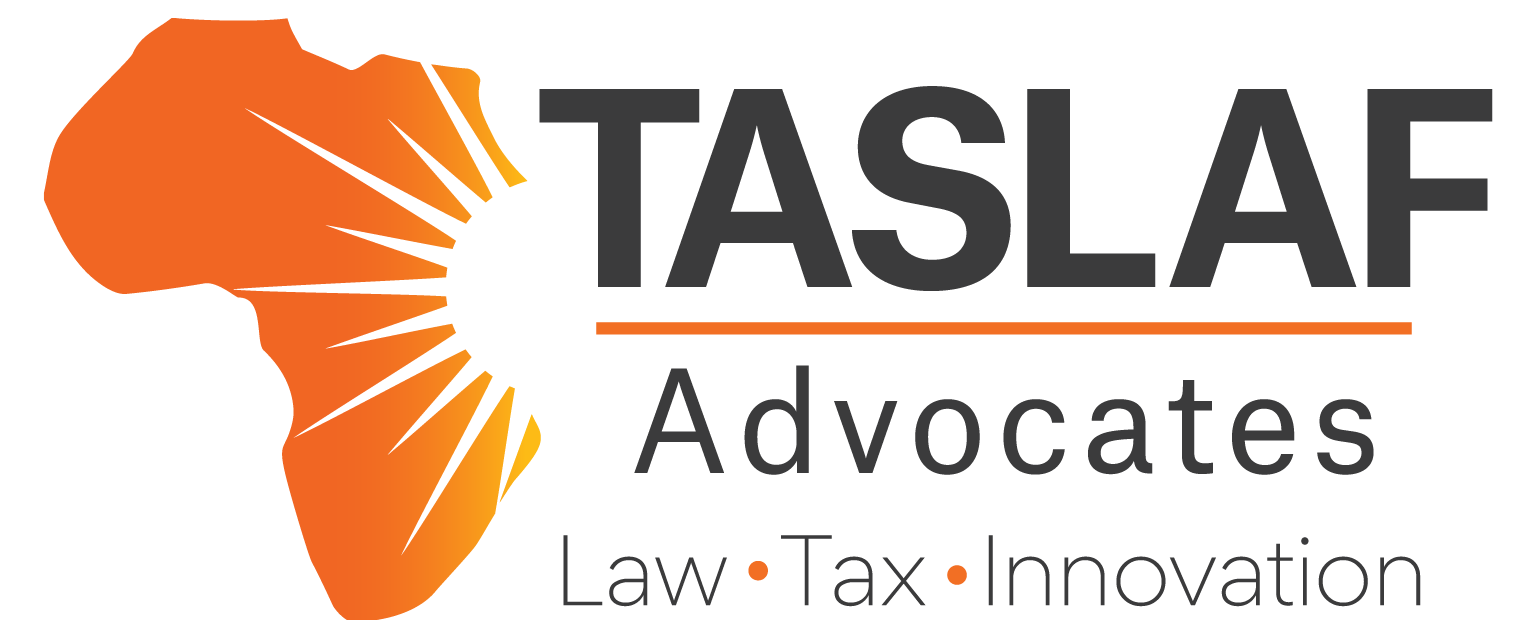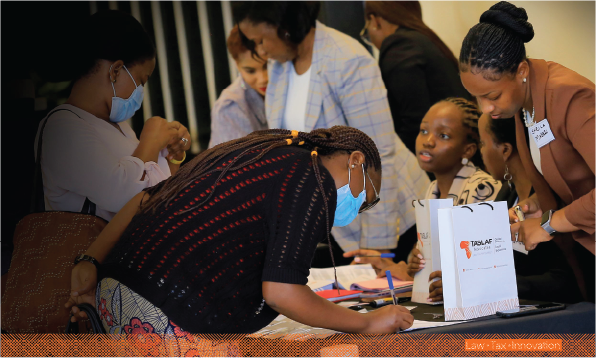CHAPTER FOUR UGANDA V NGO BUREAU MISC. CAUSE NO. 292 OF 2021.
Introduction.
On the 9th of May 2022, the High Court of Uganda, rendered its decision in a dispute between Chapter four Uganda and the NGO Bureau. In the ruling, the High Court striped the NGO Bureau of powers to indefinitely suspend NGOs.
The High Court ruling followed an application by Chapter Four, challenging the NGO Bureau’s decision of 18th August 2021 to indefinitely suspend Chapter Four. In the ruling, the Court emphatically noted that whereas the NGO Bureau has power to suspend an NGO, the Bureau cannot indefinitely suspend an NGO’s permit.
The Court reasoned that the power to suspend must be checked with a timeframe or definite period within which the suspension must end otherwise the power would be abused. The Court found that the decision by the Bureau to indefinitely suspend Chapter Four’s permit was irregular, unreasonable and unjustified. Consequently, Court ordered the Bureau to accord Chapter Four a hearing within one month.
Background.
The applicant, Chapter Four Uganda (Chapter Four), is a civil rights organisation duly registered under the NGO Act, 2016 as a non-governmental organisation whose main area of focus is providing support services for civil liberties, advocacy, training and research. The Non-Governmental Organisation Bureau (the NGO Bureau) is the government body established under the NGO Act 2016 to regulate NGOs in Uganda.
Through a letter dated 18th December 2020, the NGO Bureau required Chapter Four to show cause why the latter’s NGO permit should not be revoked and the certificate of registration cancelled for not submitting its annual returns or furnishing information to the NGO Bureau as required under the law.
In compliance with the notice to show cause, Chapter Four explained that whereas the required documents were filed with Uganda Registration Services Bureau (URSB), there was an oversight in filing the same with the NGO Bureau. Chapter Four attached copies of all documents to its response to the notice to show cause.
Without any communication or explanation, in a letter dated 18th August 2021, the NGO Bureau informed Chapter Four of the indefinite suspension of its permit to enable the NGO Bureau conduct a comprehensive investigation into Chapter Four’s operations. The NGO Bureau further directed Chapter Four to immediately cease operations pending investigations. To enforce, its decisions, the NGO Bureau copied the letter containing the decisions to various government agencies and Chapter Four’s bankers, effectively freezing the latter’s operations and bank accounts.
Aggrieved by the decisions of the NGO Bureau, Chapter Four applied to the Civil Division of the High Court of Uganda for judicial review of the decisions and have them quashed on the grounds that the decisions were high handed, arbitrary, irrational, procedurally improper, ultra vires the law, illegal, unlawful and void.
NGO Bureau’s response.
The NGO Bureau argued that the NGO Act 2016 empowers it to revoke permits of non-compliant NGOs and that its decision to indefinitely suspend Chapter Four’s permit had been made pursuant to those powers since Chapter Four had admitted failure to file its annual returns as required under the law.
NGO Bureau argued that the notice to show cause dated 28th December 2020 amounted to a fair hearing in so far as it set out the areas of non-compliance and requested Chapter Four to respond. That indeed Chapter Four responded.
Court Analysis and decision.
In its analysis, the court noted that whereas the NGO Act empowers the Bureau, in appropriate cases, to suspend an NGO’s permit of operation, in this particular case, the Bureau did not fix a time period of how long the suspension, halt or ban on the applicant’s transactions and activities will last, implying that the halt or ban is indefinite and is set to last for as long as the Bureau wishes and pleases.
The Court underscored the need to check NGO Bureau’s power to suspend and that such a power must be checked with a timeframe within which it must end to prevent its potential abuse. On that basis, Court ruled that the Bureau’s decision to indefinitely and without a specific timeframe suspend Chapter Four’s permit of operation and halt all its transactions was irregular, unreasonable, illegal and not rationally justified.
Regarding Chapter Four’s claim that it was not given an opportunity to be heard prior to the decision to suspend, the Court cautioned against “over-judicialising” administrative processes and noted that administrative decision-makers are not courts of law, and that they should not have to adopt the strict procedures of courts. On that basis, the Court reasoned that the nature of the letters or an exchange between Chapter Four and the NGO Bureau was procedurally sufficient to constitute an opportunity to be heard or a hearing in so far as Chapter Four was given an ample opportunity to defend itself.
Due to the indefinite nature of the suspension, the Court ordered the NGO Bureau to hear the applicant within one month.
Implications.
The Court’s ruling effectively prohibits the NGO Bureau from indefinitely banning, suspending or halting an NGO’s operations and activities under the guise of the need to undertake comprehensive investigations into the affairs of the concerned NGO.
In the Court’s wisdom, any suspension of an NGO by the Bureau should be time specific, with a definite period of time within which the Bureau should comprehensively investigate and conclusively handle any issues or matters raised by it against the concerned NGO.
In our view, the definite suspension must also be reasonable, taking into account the circumstances and complexity of the issues involved. An unduly long but time specific and definite suspension would still be irregular and unreasonable hence falling short of the NGO Bureau’s constitutional duty and obligation to treat NGOs fairly and justly.
Conclusion.
The ruling curtails the hitherto assumed powers by the NGO Bureau to whimsically condemn NGOs with indefinite suspensions. Such suspensions usually targeting NGOs especially in the civic space.
The Court has now provided guidance on how the Bureau should exercise its power to suspend, effectively outlawing indefinite suspensions.
Our Legal and Regulatory Compliance Team.

Stephen Tumwesigye
Managing Partner
M: +256 (0) 774 334 908
E: stumwesigye@taslafadvocates.com

Lynne Wells
Special Counsel
M: +256 (0) 774 643 240
E: lwells@taslafadvocates.com

Shadiya Uzama
Legal Associate
M: +256 701 810050
E: suzama@taslafadvocates.com

Faith Oluka
Regulatory & Compliance Associate
M: +256 (0) 778 980 861
E: foluka@taslafadvocates.com





